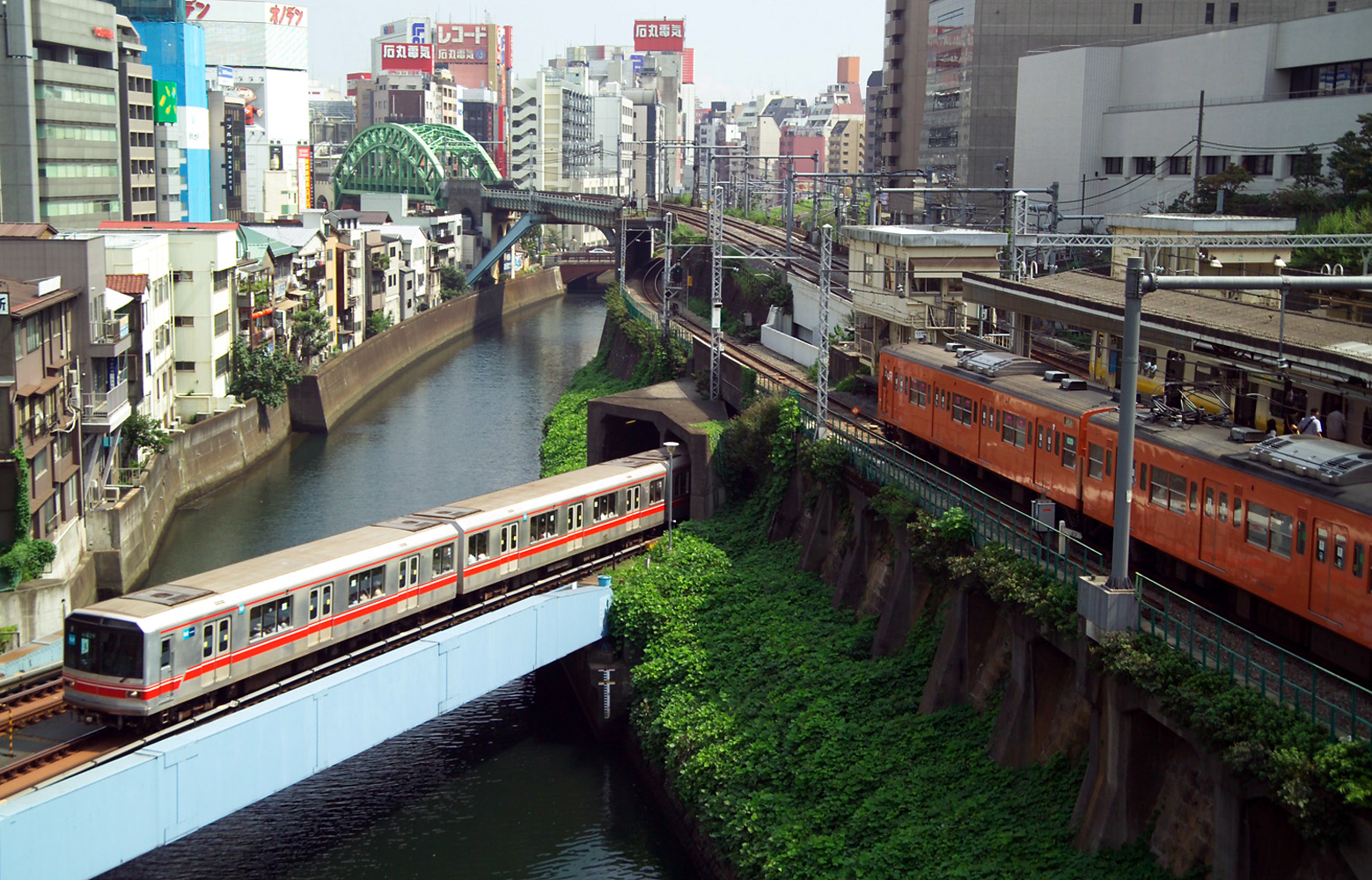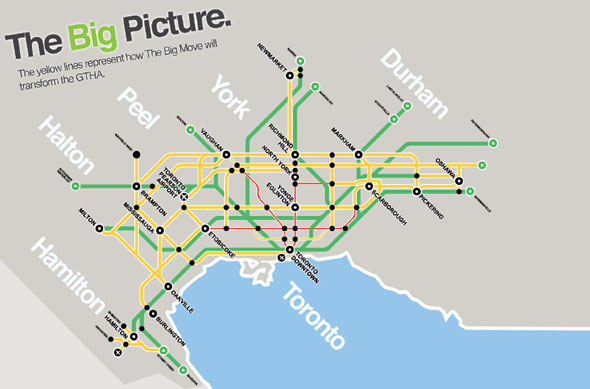
I grew up in the suburbs west of Toronto, and came to the city on the GO Train for most of my childhood - to see a baseball game at the old Exhibition Stadium, to go to a museum, or maybe visit the Eaton Centre and the “World’s Biggest Bookstore.” But I didn’t really fall in love with Toronto until I moved here in my 20’s.
I couldn’t wait to get out of the suburbs, but wasn’t in a hurry to move to Toronto. When I went to university, I went to Guelph, which is a lovely town, but by the time I finished a four year degree, the excitement and possibility of Toronto was calling me.
I found an apartment in the Annex, and soon had a new job where I could bike or walk through Kensington Market on my way down to Queen and Spadina. I smelled aromas of coffee and food in the air as I rode through. I would eat breakfast at the Stem, at a time when Queen Street West was still safe for greasy spoons, and go to the 360 to play pool on their ripped up tables. I would discover new foods in Chinatown or Little Korea, buy used books and CDs on College and Bloor, and walk by elderly Italian and Portuguese men and women sitting on their front porch on neighbourhood streets. Many of my closest friends lived nearby. Although myself and my friends have mostly moved elsewhere in the city, and some of these things have diminished or disappeared, there continues to be an amazing diversity of communities, buildings, food, culture, ethnicity, incomes, and just about any other category you’d care to name - in both the small area I’m describing, and just about any other slice of geography you could carve out in the city.
 Later on, my Toronto grew - I moved west to Bloor and Ossington for a few years, before moving out of the city, chasing love and adventure.
Later on, my Toronto grew - I moved west to Bloor and Ossington for a few years, before moving out of the city, chasing love and adventure. Toronto’s never been the easiest city to live in. During the period I describe above, I probably lived under or around the poverty line - part of the reason I left was for better work. But Toronto has a magic that brought me back, and still lingers here, even if you have to walk past some condo scaffolding to find it. There’s something about Toronto that has an honesty and truth, an authenticity in the old brick houses and mature trees that I don’t quite feel in other places.
And yet, there’s also been a creeping anger that’s been taking over this city. I guess my love for this part of the city makes my love for Toronto a particularly downtown, urban kind of love. But that neither makes me an elite, nor a hater of the suburbs.
I find it hard to believe that a sizable part of the population is so filled with anger and hatred that they are happy to be lied to, have their tax money given to drug-dealers and murderers, and wasted on cover ups, boondoggles, and addiction, with no accountability, and seem to be willing to set all morals aside in favour of what? That rich white men should be able to do whatever they want, with no respect for everyone else? That people who live downtown shouldn’t be allowed to have any say in how their city is run? A few weeks ago, I went to a protest at city hall, and someone opposed to my views threatened to punch me in the face. He seems to have taken his cue from leadership that is driven by violence, anger, fear, and hatred.
 I’m saddened (and yes, angered) by this, and feel like I can’t take much more of it. I won’t pretend to be an expert at Scarborough, North York, or Etobicoke (although I’ve spent a fair bit of time in each area). But I don’t come around and tell people in those places that their loves and dreams and hopes are worthless, and the places they live don’t matter. I’m not willing to stoop to lies and corruption to attack other people and places. This doesn’t make me an elite, or full of myself. I'd like to think it just makes me a good person, who loves the place they live - no matter where the imaginary boundaries are drawn.
I’m saddened (and yes, angered) by this, and feel like I can’t take much more of it. I won’t pretend to be an expert at Scarborough, North York, or Etobicoke (although I’ve spent a fair bit of time in each area). But I don’t come around and tell people in those places that their loves and dreams and hopes are worthless, and the places they live don’t matter. I’m not willing to stoop to lies and corruption to attack other people and places. This doesn’t make me an elite, or full of myself. I'd like to think it just makes me a good person, who loves the place they live - no matter where the imaginary boundaries are drawn.At this point, I could join the chorus of voices calling to deamalgamate Toronto. I would prefer not to do this; I would like to think that the different parts of Toronto can come together and make all of us stronger. But I also cannot in good conscience stand idly by while deceit, cover-up, corruption, and addiction are encouraged. I still believe that there are enough people in Toronto who want to make this city work, and want to start fires that light the way and warm our hearts, instead of burning down what I and so many others find beautiful and precious.









